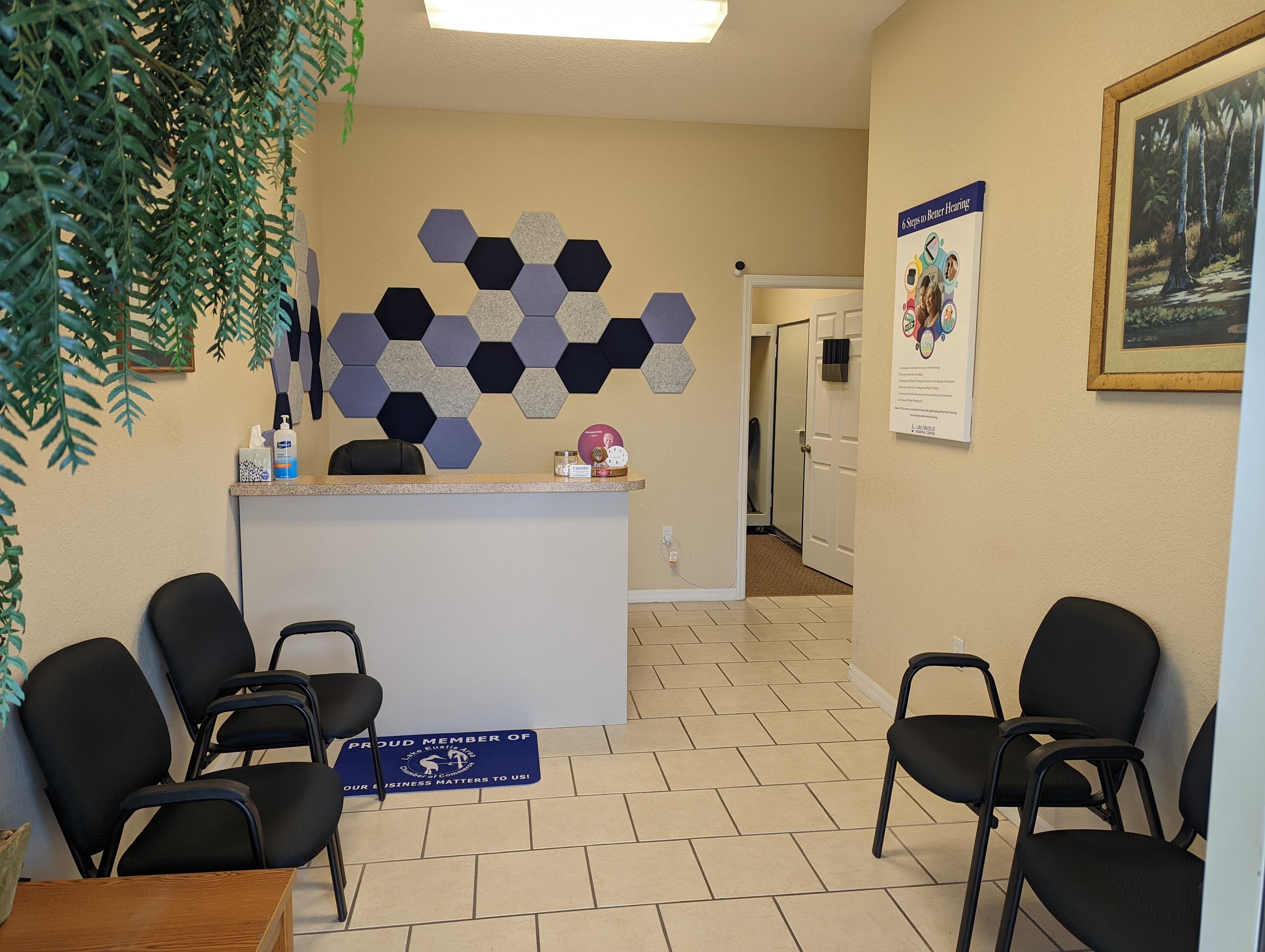Auditory processing disorder
What is auditory processing disorder?
Auditory Processing Disorder (APD), also known as Central Auditory Processing Disorder (CAPD), is a condition that affects the brain's ability to process heard or auditory information correctly. It's important to note that APD does not mean you have hearing loss. If fact, many individuals with APD have normal hearing. APD is not due to a problem with the ability to hear others, but rather how the brain interprets, makes sense of, and uses sound. Auditory Processing Disorder (APD) is when the listener is struggling to effectively process auditory information.
People with APD may have the following difficulties:
difficulty understanding speech in noisy environments
misunderstanding messages or responding inaccurately
often asking for information, especially lists, to be repeated
difficulty remembering list items or order
difficulty following directions, especially long or complex directions
distinguishing between similar-sounding words (e.g. “hat” and “that”)
difficulty determining where a sound or sounds are coming from (localization)
remembering information presented verbally
experiences trouble hearing, but told their hearing is “normal”
These difficulties can impact various aspects of life, including academic performance, social interactions, daily communication, and relationships with others.
The exact causes of APD are not always clear. APD can be present from a young age, it can be acquired as a result of trauma, or as a result of significant illness. It can occur in both children and adults and may coexist with other learning or developmental disorders.
Diagnosing APD typically involves a comprehensive evaluation by an audiologist who specializes in auditory processing. Our brains and life experiences make us all perfectly unique, which is why we need to assess APD to have the most comprehensive picture of how each individual is hearing and understanding their world.
Treatment approaches may include: strategies to improve auditory processing skills, environmental modifications to reduce auditory distractions, educational accommodations to support learning, completing an auditory training program over 12 weeks, and amplification.
Overall, while having APD presents challenges, early diagnosis and appropriate interventions can significantly improve outcomes and help individuals effectively manage their auditory processing difficulties.
what does a diagnosis of APD mean?
An APD diagnosis is confirmation of difficulty communicating in various aspect of the individual’s life. Unfortunately, many individuals who may have APD get a hearing test and are told “your hearing is normal, you don’t have difficulty hearing”. In reality, they are experiencing having trouble hearing! A hearing evaluation is only the 1st step in assessing communication difficulties.
APD can vary widely in severity and presentation from person to person. APD can coexist with other conditions such as learning disabilities, attention deficits, or language disorders, making diagnosis and treatment complex.
In summary, a diagnosis of APD provides insight into the specific auditory processing challenges an individual faces. It provides guidance for appropriate interventions to treat, help manage, and improve auditory processing skills for better overall functioning in daily life.
AUDITORY PROCESSING DISORDER EVALUTION
An Auditory Processing Evaluation is a diagnostic evaluation, typically 60 to 90 minutes, to review listening needs and/or difficulties with communication, and determine the strengths and weaknesses of the brain's ability to process auditory information. This evaluation becomes our playbook on how to treat APD and set you on the path to easier hearing in challenging situations. Please note: A prior hearing evaluation completed by a licensed audiologist (Au.D.) within the last 6 months, is required to have a complete picture of the auditory system. Don’t have a hearing evaluation yet? No worries, we can schedule you for a hearing evaluation with our expert audiologist, Dr. Lamb.
Auditory training program
We offer a 12 week auditory training program for individuals diagnosed with APD. This program is designed specifically for each individual based on the results of your Auditory Processing Evaluation. The goal is to breakdown the larger brain processing aspects of language into the smaller, building blocks of language. By resetting the foundation of auditory processing, we can retrain your brain to process auditory information easier and faster. Reducing your communication effort and impact on your day to day living.
Interested in getting help? Call (352) 483-4327 to schedule an appointment to review your listening needs and have a formal evaluation with Dr. Lamb.

